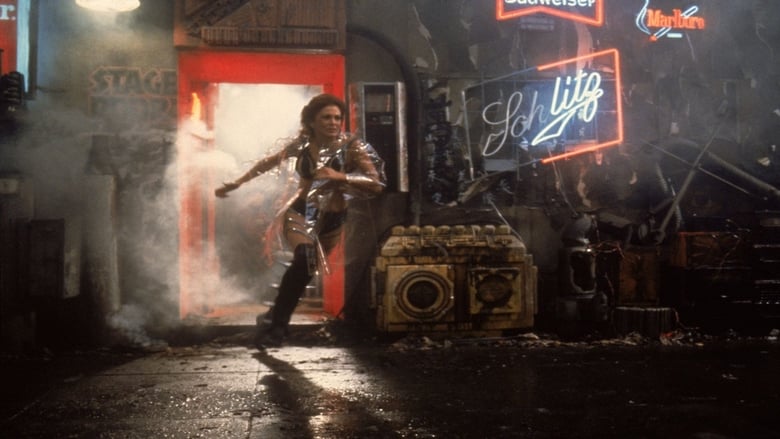Essential dystopian movies to watch
Explore worlds where society has gone wrong, reflecting our deepest fears and anxieties. These essential dystopian films offer powerful commentary on control, freedom, and the future of humanity.

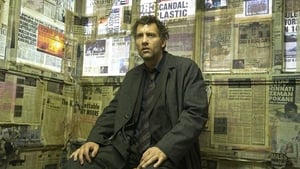

Dystopian cinema holds a unique mirror to our potential futures, often depicting oppressive societies, environmental collapse, or technological overreach. It's a genre that thrives on exploring the consequences of unchecked power and societal breakdown, forcing us to confront uncomfortable truths about human nature and the paths we might be heading down.
From the bleak, rain-slicked streets of future Los Angeles envisioned in Blade Runner, which redefined cyberpunk aesthetics, to the stark, desolate landscapes of The Road, where survival is the only goal, these films paint unforgettable pictures of worlds we hope never to inhabit.
Consider the chilling societal conditioning in A Clockwork Orange or the desperate fight for survival and sanity in the post-apocalyptic chaos of Mad Max: Fury Road. The genre isn't just about destruction; it's also about resilience, the spark of rebellion, and the enduring human spirit seen in films like V for Vendetta or the poignant search for hope in Children of Men.
These movies are more than just entertainment; they are thought experiments, cautionary tales, and sometimes, calls to action, reminding us of the fragility of freedom and the importance of questioning authority and the status quo.
12. The Giver (2014)
Based on Lois Lowry's acclaimed young adult novel, this film is set in a seemingly utopian society where everyone's emotions, memories, and history have been suppressed to maintain perfect order and equality. A young boy named Jonas is chosen to be the community's next 'Receiver of Memory', inheriting the burden of all human experience.
The film visually transitions from black and white to color as Jonas receives more memories, a key element reflecting his awakening to the true nature of his world. It explores the cost of a society that sacrifices individuality and freedom for control, making you question the meaning of true happiness.

11. The Lobster (2015)
Yorgos Lanthimos directs this absurdist black comedy set in a dystopian near future where single people are arrested and transferred to a hotel. There, they are obliged to find a romantic partner in forty-five days or be transformed into an animal of their choosing and released into the woods.
Colin Farrell stars in this uniquely peculiar film that satirizes societal pressures to be in a relationship. Its deadpan humor and bizarre premise make it stand out from typical dystopian narratives. The film's world is governed by strange, rigid rules, exploring themes of conformity, love, and individuality in a truly original way.
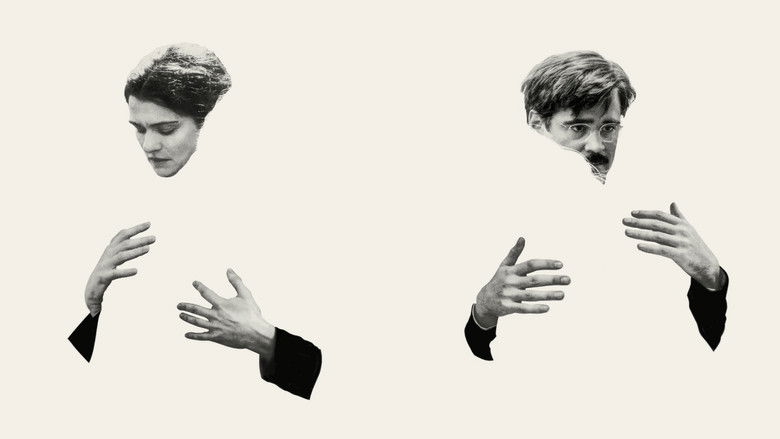
10. Elysium (2013)
Set in 2154, this sci-fi action film presents a stark divide between the ultra-wealthy, who live on a pristine space station called Elysium, and the rest of the population, who struggle to survive on a ruined Earth. Matt Damon plays a factory worker who takes on a dangerous mission to reach Elysium and find a cure for his radiation sickness.
Director Neill Blomkamp, known for District 9, brings a similar focus on social commentary and gritty realism to the sci-fi genre. The design of both the overcrowded, dilapidated Earth and the luxurious, exclusive Elysium is visually striking, underscoring the film's themes of class inequality and healthcare access.
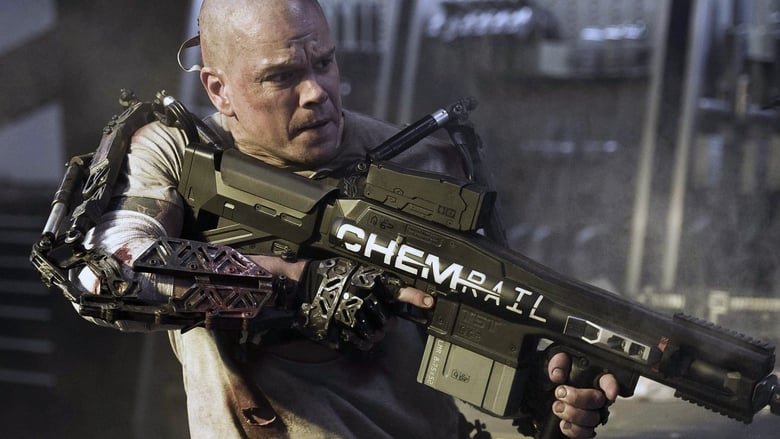
9. The Road (2009)
Based on Cormac McCarthy's Pulitzer Prize-winning novel, this film is a bleak and harrowing depiction of a father and son trying to survive years after an unspecified apocalypse has devastated the world. They journey across a desolate landscape towards the coast, facing starvation and dangerous survivors.
Viggo Mortensen and Kodi Smit-McPhee deliver powerful, stripped-down performances as 'The Man' and 'The Boy'. The film captures the novel's grim tone and focuses intensely on the bond between the father and son amidst unimaginable despair. It's a difficult watch, but a potent exploration of love and survival in the face of ultimate loss.

8. The Hunger Games (2012)
Based on the hugely popular novel by Suzanne Collins, this film introduces us to the dystopian nation of Panem, where each year, teenagers are forced to fight to the death in a televised event known as the Hunger Games. Katniss Everdeen from District 12 becomes an unlikely symbol of rebellion.
Jennifer Lawrence's breakout role as Katniss anchored this successful franchise. The film effectively portrays the stark contrast between the opulent Capitol and the impoverished districts, highlighting themes of class, oppression, and media manipulation. It resonated strongly with a young adult audience but offers a compelling dystopian premise for viewers of all ages.
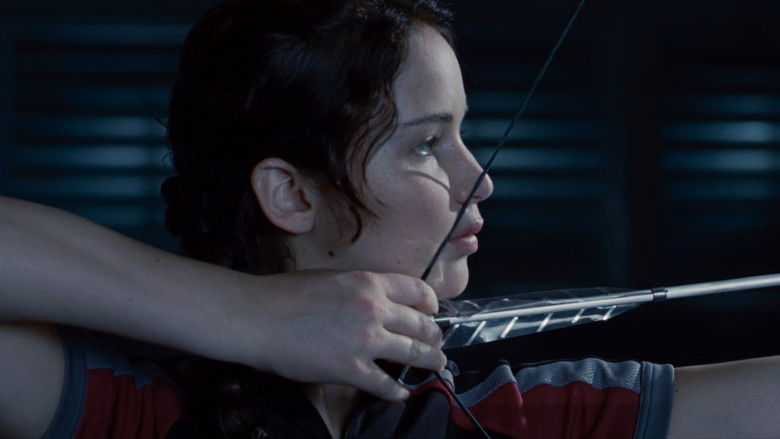
7. Snowpiercer (2013)
Bong Joon-ho's English-language debut is a wild ride on a train that circles a frozen, post-apocalyptic Earth. The train is a microcosm of society, with the wealthy elite at the front and the impoverished masses crammed into the tail section, leading to a class revolution.
The film's unique concept and claustrophobic setting make for a compelling viewing experience. Chris Evans leads a diverse international cast. Bong Joon-ho's meticulous attention to detail is evident in the design of each train car, reflecting the different social strata. It's a thrilling and thought-provoking allegory about inequality.
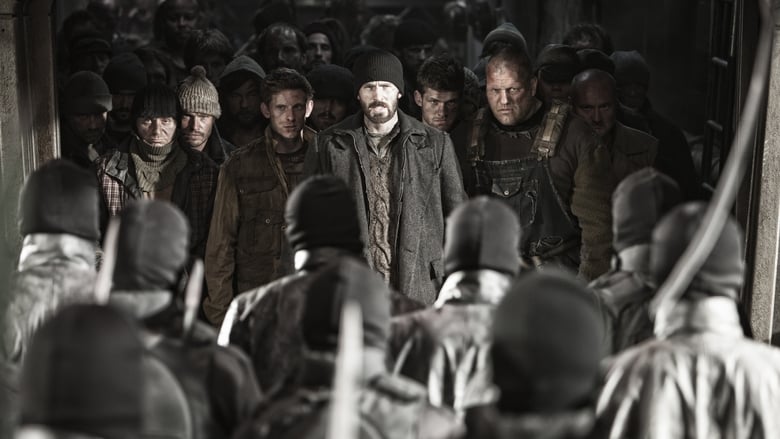
6. V for Vendetta (2006)
Based on the graphic novel by Alan Moore and David Lloyd, this film is set in a totalitarian future United Kingdom. It tells the story of a masked freedom fighter known only as V, who uses terrorist tactics to fight the oppressive regime, and Evey, the young woman caught up in his plan.
Natalie Portman famously shaved her head for her role as Evey, a powerful moment filmed in a single take. The film explores themes of fascism, anarchy, and the power of ideas. While Alan Moore distanced himself from the adaptation, the film became widely popular and the Guy Fawkes mask worn by V became a symbol of protest worldwide.

5. Mad Max: Fury Road (2015)
George Miller's return to the post-apocalyptic wasteland is less a sequel and more a relentless, high-octane chase film set in a visually stunning, desolate world. Starring Tom Hardy as Max and Charlize Theron as the unforgettable Furiosa, this movie is pure, unadulterated action.
The film's production was notoriously challenging, shooting in the harsh deserts of Namibia. Miller opted for practical effects and real stunts whenever possible, resulting in the jaw-dropping, chaotic vehicular ballet you see on screen. The level of detail in the vehicles, costumes, and world-building is astounding, making it a modern benchmark for action cinema within a dystopian setting.
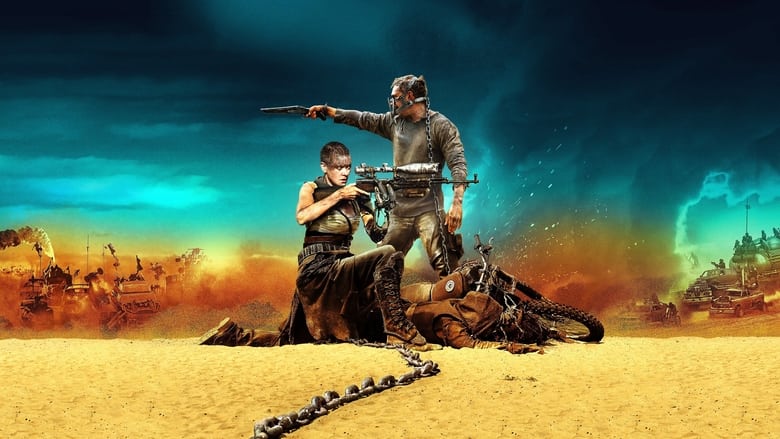
4. Children of Men (2006)
Alfonso Cuarón delivers a gritty, realistic, and deeply moving portrayal of a near future where humanity faces extinction due to unexplained infertility. The film follows a jaded former activist tasked with transporting the only pregnant woman on Earth.
Known for its incredible long takes, including a breathtaking single-shot car ambush sequence that took days to rehearse and film, Children of Men immerses you completely in its bleak world. Cuarón and cinematographer Emmanuel Lubezki created a sense of urgency and chaos that makes the film feel terrifyingly plausible. Despite its dark premise, it holds a glimmer of hope that resonates powerfully.

3. Brazil (1985)
Terry Gilliam's surreal, darkly comedic take on a bureaucratic nightmare is a visual feast and a scathing critique of totalitarian systems. Inspired by Orwell's Nineteen Eighty-Four, the film follows a man trying to correct a simple paperwork error in a world choked by red tape and surveillance.
The look and feel of Brazil are utterly unique, blending retro-futuristic technology with crumbling, oppressive architecture. The film famously had a difficult production and release, particularly in the US, where Universal Pictures demanded significant cuts and changes, leading to the legendary 'Brazil controversy' and different versions of the film. It's a triumph of imagination against conformity.

2. A Clockwork Orange (1971)
Stanley Kubrick's chilling adaptation of Anthony Burgess's novel is a disturbing look at free will, societal control, and the nature of evil. Set in a futuristic Britain, it follows Alex and his gang's ultraviolence and subsequent state-sponsored rehabilitation.
The film's unique visual style, unsettling score (featuring synthesized interpretations of classical music), and Malcolm McDowell's unforgettable performance as Alex make it a truly unsettling experience. The slang spoken by the characters, called 'Nadsat', was created by Burgess using Russian and Cockney rhyming slang, adding another layer to its alienating world. It's a challenging film, but a crucial one in understanding dystopian cinema.

1. Blade Runner (1982)
Step into the rain-soaked, neon-drenched streets of 2019 Los Angeles, a vision that defined cyberpunk dystopia! Ridley Scott's masterpiece is a philosophical journey asking what it truly means to be human.
Did you know Rutger Hauer improvised the iconic 'Tears in rain' monologue? It added a profound layer to his character and became one of the most famous moments in cinema history. The film's groundbreaking visual effects and atmospheric score by Vangelis created an unparalleled mood that continues to influence science fiction today. It's a film that demands repeat viewings and sparks endless debate.
